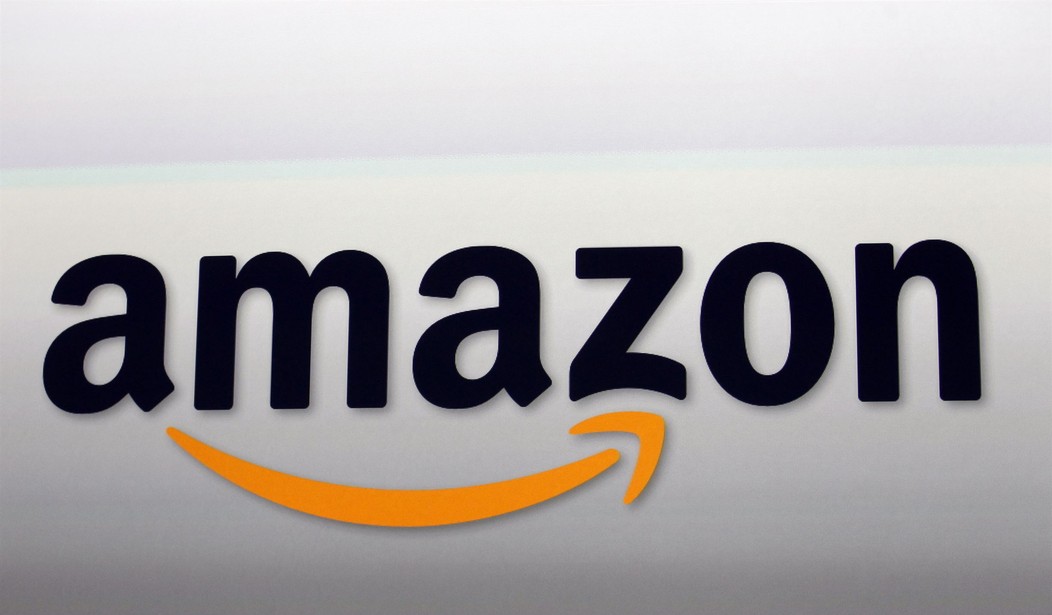Darn it — I was rooting for both sides to lose. Alas, the unionization fight between Amazon and certain members of both political parties has come to an end, according to the New York Times. And it’s a rather lopsided end at that:
Amazon appeared to beat back the most significant labor drive in its history on Friday, when an initial tally showed that workers at its giant warehouse in Alabama had voted decisively against forming a union.
Workers cast at least 1,608 votes against a union, giving Amazon enough to defeat the effort, as ballots in favor of a union trailed at 696, according to a preliminary count. Hundreds of votes remained to be tallied, but are not enough to bridge Amazon’s margin of victory. Once the count is complete, the results will still need to be certified by federal officials.
The lopsided outcome at the 6,000-person warehouse in Bessemer, Ala., dealt a crushing blow to labor organizers, Democrats and their allies at a time when conditions have been ripe for unions to make advances.
Ahem. The NYT’s reporters forget about Senate Republican Marco Rubio, who publicly backed the unionization bid. Rubio’s commitment was less to workers than a shot at Amazon’s recent pandering on wokery, as well as a chance to strike a blow against Big Tech. One has to wonder whether Rubio’s slam on Amazon didn’t help boost his prospects for the Donald Trump endorsement he got this morning.
Naturally, the union blames Amazon and its tactics for the loss, and plans to file a legal challenge to the results. “Our system is broken,” union leaders insist:
The union is now filing a legal challenge to the election and charges of unfair labor practices against Amazon. It’s requesting a hearing by the National Labor Relations Board, “to determine if the results of the election should be set aside because conduct by the employer created an atmosphere of confusion, coercion and/or fear of reprisals and thus interfered with the employees’ freedom of choice.” …
“We’re really seeing how the balance is always tipped in favor of employers,” said Rebecca Givan, a labor studies professor at Rutgers University. “Organizing a union under current labor law is extremely challenging — the odds are always stacked against you.”
In Alabama, Amazon unleashed a strong push-back, with lengthy mandatory “information sessions” and flurries of text messages to its workers. The company blanketed the warehouse with its slogan “Do it without dues.” The company argued the union was only interested in collecting the workers’ hard-earned money in the form of dues, while Amazon already paid far above the local minimum wage, provided generous healthcare and other benefits.
Actually, what this shows is the reason private-sector unions outside of the trades have receded. Minimum-wage laws, economic growth, and the expansion of federal and state workplace-safety regimes have eliminated most of the necessity for collective bargaining. In that sense, unions are the victims of their own success, having hitched their wagons to legislators inclined to pursue such issues in regulation rather than negotiation.
At National Review, Charles C.W. Cooke scoffs at the union griping, calling it “straight-up Vox-ism”:
Your side loses an election? The system must be “broken.” A legislative chamber defies the editorial board at the New York Times? Broken. America still has states? Broken. The Supreme Court follows the law as written? Broken. Anything in the entire world happens that displeases you. Broken, broken, broken, broken.
There is no point in having these votes if the results aren’t respected. When the Retail, Wholesale and Department Store Union says that it wants to “hold Amazon accountable,” it means that it wants the National Labor Relations Board to overturn the decision and demand a revote. Why? Apparently, because Amazon’s workers in Alabama, who rejected unionization in a landslide, were tricked by the existence of a . . . mailbox.
Follow the link for an explanation of that arcane complaint. In the end, though, the union had a more basic problem. They simply couldn’t match what Amazon already delivers, so to speak:
“This particular union can’t give us anything that Amazon does not already offer,” said LaVonette Stokes, a Bessemer worker who voted against unionizing. “There are a [lot] of people who never have issues.”
That’s a pretty good indication that a union isn’t necessary, or at least that the union couldn’t convince these workers otherwise. If unions claim to respect workers, why can’t they respect the wishes of the overwhelming majority of them at this Amazon plant?
Update: For its part, Amazon claims that the results show the opposite — that their system is not just unbroken, but superior:
It’s easy to predict the union will say that Amazon won this election because we intimidated employees, but that’s not true. Our employees heard far more anti-Amazon messages from the union, policymakers, and media outlets than they heard from us. And Amazon didn’t win—our employees made the choice to vote against joining a union. Our employees are the heart and soul of Amazon, and we’ve always worked hard to listen to them, take their feedback, make continuous improvements, and invest heavily to offer great pay and benefits in a safe and inclusive workplace. We’re not perfect, but we’re proud of our team and what we offer, and will keep working to get better every day.








Join the conversation as a VIP Member